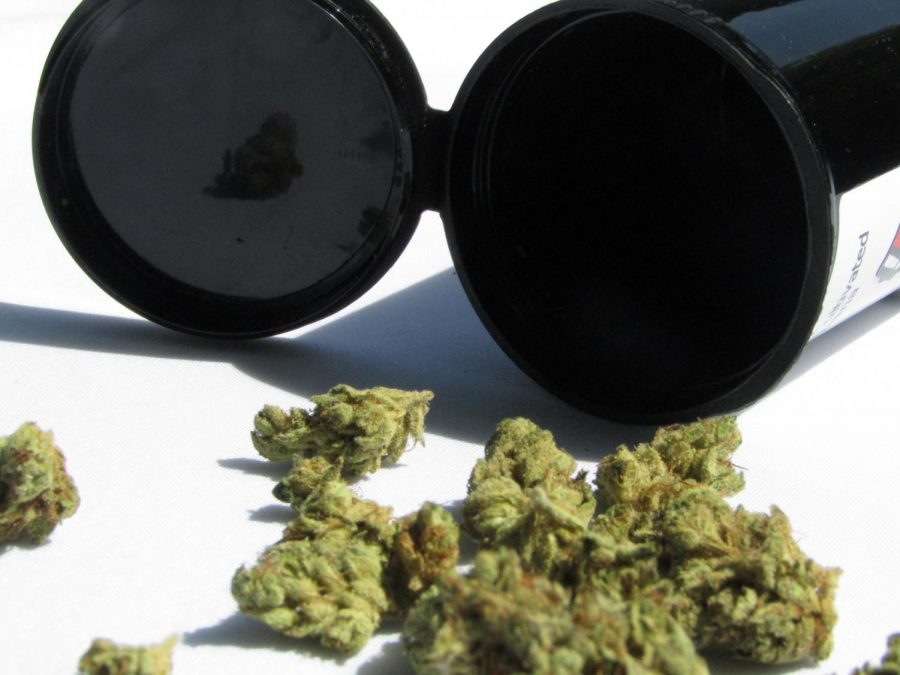Illinois prepares for recreational marijuana in 2020
Though state residents 21 and over will be able to purchase and use the drug recreationally, rules at MCHS regarding marijuana will remain in effect
Photo by Ndispensable on Unsplash
With the legalization of recreational marijuana in Illinois on January 1, many questions arise such as the law itself, how it affects other states, and how it could possibly affect MCHS.
December 19, 2019
Beginning on January 1, 2020, the legal sale and use of recreational marijuana will be legalized in Illinois. Illinois will be the 11th state in the United States to legalize recreational marijuana.
Illinois residents aged 21 or older will be allowed to have up to 30 grams of cannabis flower, 5 grams of concentrate and no more than 30 milligrams of THC in a cannabis-infused product. Marijuana and cannabis-infused products with less than 35% THC will be taxed at 10% of the purchase price, cannabis-infused products with more than 35% THC will be taxed at 20% of the purchase price, and Marijuana with more than 35% THC will be taxed at 25% of the purchase price.
With the law comes additional, and much-needed tax revenue for a debt-ridden state that Illinois has become in recent years. Illinois has quickly become a state that ranks in the top three in the U.S in debt, trailing only New York and California. Marijuana taxes will be spent on public school projects, human services, public affairs, agriculture, labor and employment, judicial affairs, health care policy, transportation and regulatory affairs.
For example, in Colorado tax revenues jumped 266% during a three year period, from $67 million in 2014 to $247.4 million in 2017. Colorado’s tax revenues have risen each year since recreational legalization, and currently represent about 1% of the state’s entire 2018 – 2019 fiscal year budget.
As for how this new law will affect MCHS—according to the law, it technically shouldn’t. No students at either East or West will be 21 any time soon, therefore not much should change.
The administration has acknowledged the possibility of the law affecting our school negatively, but the general consensus is that the kids who are going to do it will do it regardless of a new law.
West assistant principal at West Gregory Eiserman stated, “It’s not like everybody in the world can go buy marijuana and show up to school high. The law doesn’t necessarily change for the people that come here every day, for students at least. Students still have an expectation just like with alcohol that they’re not allowed to bring drugs into the building or show up under the influence of drugs.”
Instead, dministration has mainly been focused on the increased medical use. “The component that we’ve talked about initially is the increase in medical use more so than recreational,” said Eiserman. “There are laws now that state students high school age and younger may be able to use marijuana for medical reasons.”
The new law will go into effect on January 1, 2020.











